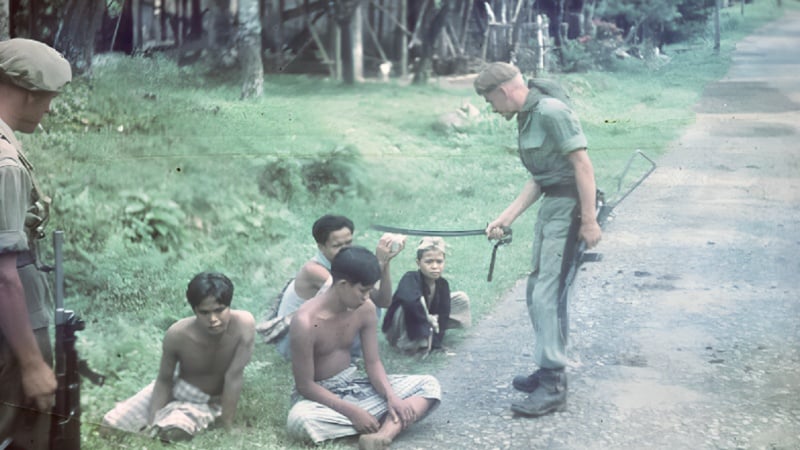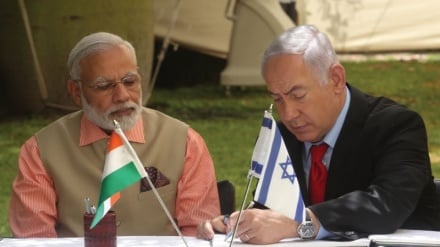Revisiting Western crimes | The 1947 massacre by Dutch forces in Indonesia
-

Brutal conduct of Dutch soldiers toward Indonesian civilians
Pars Today – Dutch military crimes in Indonesia occurred both during the Dutch colonial period and after World War II, particularly during the Indonesian War of Independence (1945–1949).
According to Pars Today, one of the major crimes committed by Dutch forces during the Indonesian War of Independence was the 1947 Majmo Massacre. This massacre symbolizes the brutal violence and repression that Dutch colonial forces inflicted on the indigenous people of Indonesia. Majmo was a small village on the island of Java that, at the time of the incident, had become a gathering point for Indonesian resistance forces. What made this event one of the most tragic in Indonesian history was the extreme cruelty and violence displayed by the Dutch forces against defenseless civilians.
In 1945, following the end of World War II and Japan’s occupation of Indonesia, the country declared its independence. This move was met with a swift response from the Netherlands, which sought to regain control of its former colonies. The Indonesian War of Independence began and faced fierce popular resistance. Indonesian nationalist forces, led by leaders such as Sukarno and Mohammad Hatta, fought against Dutch rule and mounted strong resistance in many areas, including Java, which was a strategically important region for the Netherlands.
Majmo, a village in Java, was one of the areas where Indonesian fighters were present, actively resisting Dutch forces. In 1947, the Dutch army decided to launch a large-scale attack to crush the resistance in this region. The military operation, known as Operation Product, aimed to completely suppress Indonesian resistance groups. During this operation, Dutch forces attacked the village of Majmo and subjected all its residents to extreme pressure and violence.
During this operation, Dutch forces carried out a massacre of defenseless civilians. Eyewitnesses reported that more than 400 civilians—including women, children, and the elderly—were killed. In many cases, people were brutally beaten, and some were murdered in front of their families. In addition to the killings, villages and farmland were set on fire, leaving many residents homeless and forcing them to flee to other areas.
The main objective of the Dutch forces in these attacks was to instill fear among the Indonesian population and suppress resistance in the region. The Netherlands aimed to use such tactics to crush Indonesia’s independence movement and reestablish its colonial control. However, instead of achieving this, the massacres strengthened the resolve of the Indonesian people and united them in their struggle against the colonizers.
The Majmo Massacre was not only one of the major crimes committed by Dutch forces during the Indonesian War of Independence but also a pivotal moment in the history of Indonesian resistance against foreign colonialism. Over time, as historical archives have been opened, more details of these atrocities have come to light, and the Indonesian people have demanded justice and reparations. Although the Dutch government has formally apologized for these crimes in recent decades, many Indonesians still feel that the actions have not been adequately compensated.
The Majmo massacre remains a stark reminder of the brutalities of war and colonial powers, which subjugated indigenous people at the cost of their lives and sought to destroy their freedom and independence. This event has endured in Indonesian history as a symbol of oppression and repression and continues to live on in the collective memory of the nation.


